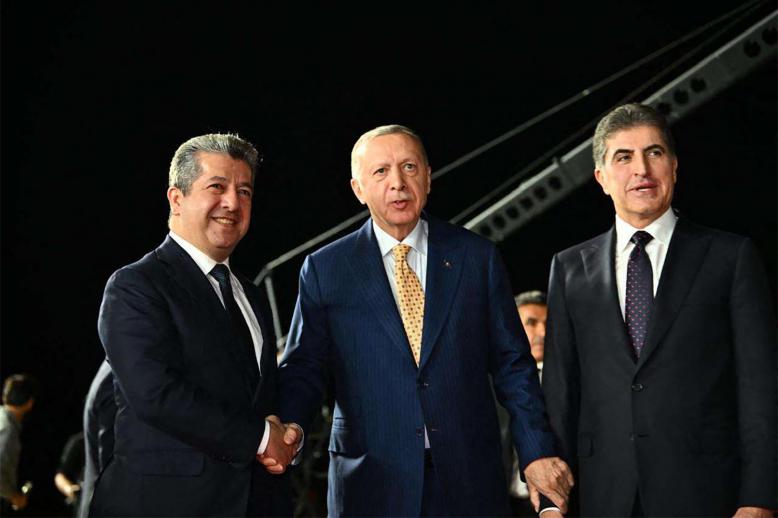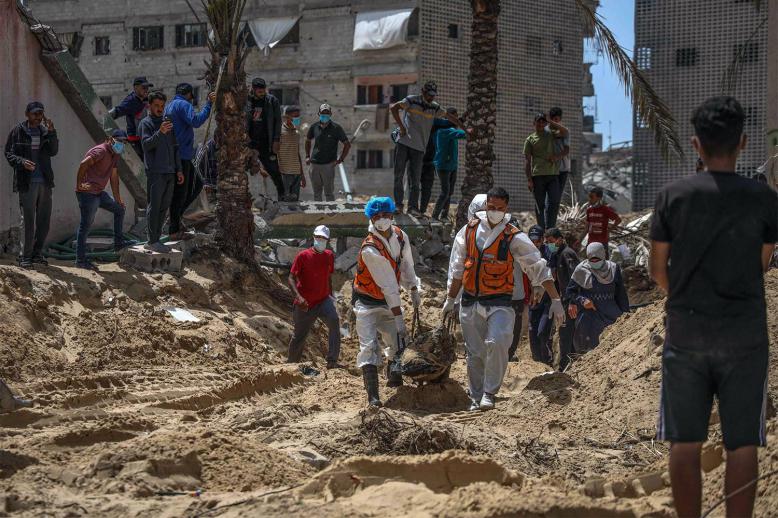The missing links in Arab theatre
Critics across the Arab world struggle with the question of what is missing in Arab theatre.
Egyptian theatre critics have highlighted a dearth of script production in Arab theatre, as well as the scarcity of professional playwrights of the calibre of Tawfiq al-Hakim, Aziz Abaza and Abdel-Rahman al-Sharqawi of past generations. They were active at a time when theatrical texts flourished and were published as literature.
“It’s true that there is a lack of good play scripts in Arabic. The symphony of Arab theatre is consequently incomplete. Arab playwrights do not know their audience well nor know how to reach them,” said theatre director Essam al-Sayed.
He explained that an integrated Arab theatre would need the full set of theatrical elements, from a good playwright to good actors, director and set designer. Comparing it to an unfinished symphony, he said there was hope that it would one day be completed. The first step, however, to solving the problem of Arab theatre is to thoroughly diagnose it.
One can just say that playwriting is the Arab theatre’s number one ailment.
“We must admit that theatre scripts have become scarce,” said Raafat Sharafuddin, professor of drama at the Academy of Arts.
“If we take a look at what is happening on stage nowadays, what we will find are plenty of farces with no dramatic effect being generated by a professionally written script but rather relying too heavily on improvisation, going off script, and the ability of actors to make audiences laugh aimlessly.”
Theatre critic Huda Wasfi said the crisis of Arab theatre is not the scripts but lies in the difficulty of producing excellent plays because of a lack of resources whether at the level of the artistic vision or the stage itself on which the vision would materialise or the actors who will embody and execute this vision.
Ali Jamaluddine, professor of drama at the Academy of Artsin Cairo, agreed. “I think that the real problem is the absence of channels that can transmit creativity in its written form to a performed form on stage. This absence creates a general sense of a crisis. Real creative playwrights often have doors slammed in their faces despite the excellent quality of their work,” Jamaluddine said. “The artistic media is also totally inexistent and real critiquing that can highlight defects is absent.”
Walid Ismail, a professor of literary criticism at the Academy of Arts in Cairo, said the crisis goes beyond script production and is related to theatre directors and theatre-goers. A good director has a sense of the value of a given play but the type of theatre-goers may influence his choice of text and the way it is approached. What we see in theatres today is more akin to nightclub shows than to theatre.
Ismail insisted that the public was not fully aware of the role theatre can play in art and society. We don’t have audiences who are sufficiently conscious of the real issues facing their country or fully convinced theatre should in a way reflect such realities.
What we find instead are audiences who are fond of fluffy productions that merely seek to provoke laughter and take advantage of an actor’s popular appeal. This is why we need to pay more attention to theatre education in schools and universities and to educating school children about the importance of theatre. The next generation of theatre fans, writers and critics starts there.
Ahmad Marwane is an Egyptian writer.
This article was originally published in The Arab Weekly.






